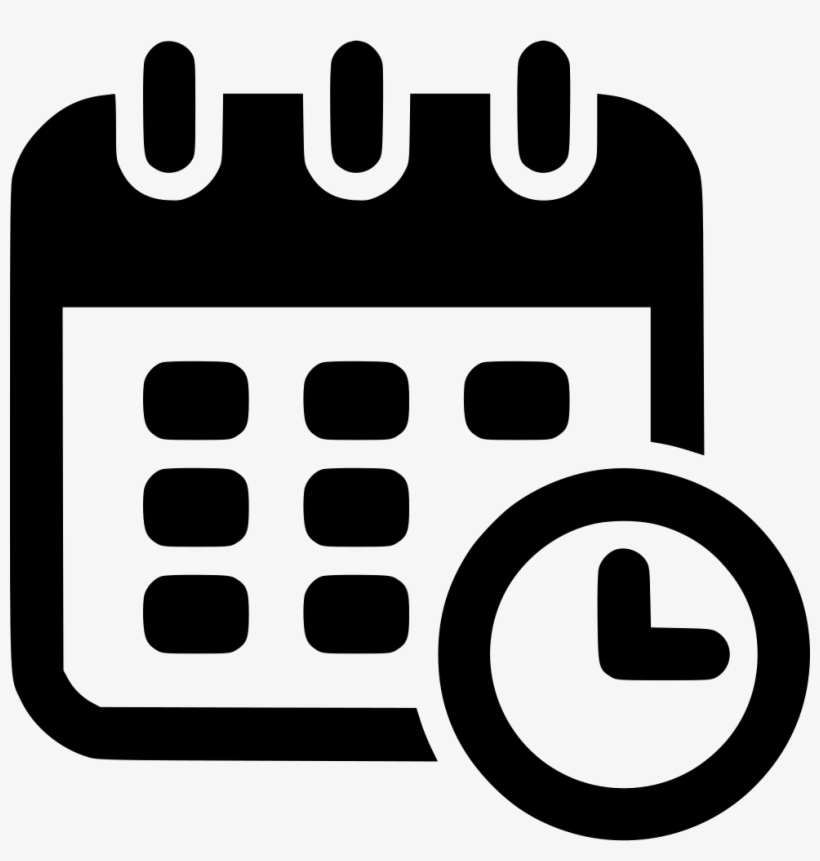Research, especially scientific research, is often about novelty and being the first to publish. While speed is critical in getting work recognized across the globe, it is imperative that authors avoid accidentally plagiarizing other works while on their publication journey. Plagiarizing can have serious adverse effects on academic and future careers.
What is plagiarism?
Plagiarism, according to the frequently consulted Merriam-Webster’s dictionary, is “to steal and pass off (the ideas or words of another) as one’s own: use (another’s production) without crediting the source; to commit literary theft: present as new and original an idea or product derived from an existing source.” The word “plagiarize” is derived from the Latin word plagiarius, which translates to “kidnapper.”
What can be plagiarized?
Work on any medium can be plagiarized. This includes material in whole or part that has been featured in papers, books, presentations, videos, social media, and other types of communication in any digital form. In sum, if material belongs to someone else, no matter the format or location, and someone presents it as their own, they have plagiarized. Note that
text recycling—in which an author reuses their own writings for a second purpose—is also considered a form of plagiarizing (self-plagiarizing, but plagiarizing no less).
What are the consequences of plagiarism?
Plagiarism is a grave offense that can have academic and career-ending consequences. Colleges, universities, institutions, and even corporations take allegations of plagiarism very, very seriously. Not only is plagiarism unethical, but in some countries, legal charges may be filed.
Not long ago, this editor read about a student who lost a full scholarship and was ultimately rejected by a university after the school discovered that the student had plagiarized their admissions essay. In addition to damaging one’s reputation, other potential consequences of plagiarism at the academic level include: receiving a lower grade for the class, receiving a failing grade for the course, being placed on academic probation or suspension, and possibly expulsion, depending upon the program or university policies. The consequences don’t end there. The student’s academic record will note an ethics offense so if they are expelled from the college, they may be barred from seeking entrance to another school.
In addition to losing creditability in their communities, established researchers face financial consequences, too. They will likely lose research funding or their position at their university. There is much at stake when plagiarism occurs.
We have all heard of public figures who have plagiarized, intentionally or not, and endured scorn in the media. Depending upon the severity, some have been sued in a court of law for lifting others’ work without giving proper credit. They have had to provide financial compensation to the owners of the intellectual property as a result of their actions. If someone profits from stealing copyrighted work and earns a certain amount of money in doing so, they may face fines of up to tens of thousands of dollars and potentially up to 10 years in prison in some areas. Penalties can be even harsher depending upon the local laws.
Ultimately, plagiarizing is expensive; it can cost one their reputation, academic career, and financial livelihood. One can lose it all.
With so much at stake, what are the best ways to avoid plagiarism?
While some students and researchers purposefully plagiarize others’ works, it can happen accidentally, too, so steps must be taken to prevent this. Importantly, the consequences are the same no matter the intention.
For some tips on how to avoid plagiarizing, please refer to our article, “
Plagiarism in Scientific Writing: What It Is and How to Avoid It.” In addition to being clear about what is new (your) research and what is others’ research (or your previous research) in your paper, do not use an author’s words exactly as they appear in a publication unless they are placed in quotation marks, and be sure to properly cite any paraphrased text. Finally, before submitting a paper to a professor or a journal, use plagiarism-detection software to confirm that there is a low similarity percentage to other recognized work. The software will generate a report and highlight the areas that may potentially need to be rewritten to avoid it being too close to the original. While there are some
limitations to the software, it is a helpful tool to prevent accidentally plagiarizing previously published work.
 Tweet
Referencing and Citation
Tweet
Referencing and Citation

 Teri Surprenant, Managing Editor, Language Editing
Teri Surprenant, Managing Editor, Language Editing
 July 2023
July 2023 Previous Article
Next Article
Previous Article
Next Article 